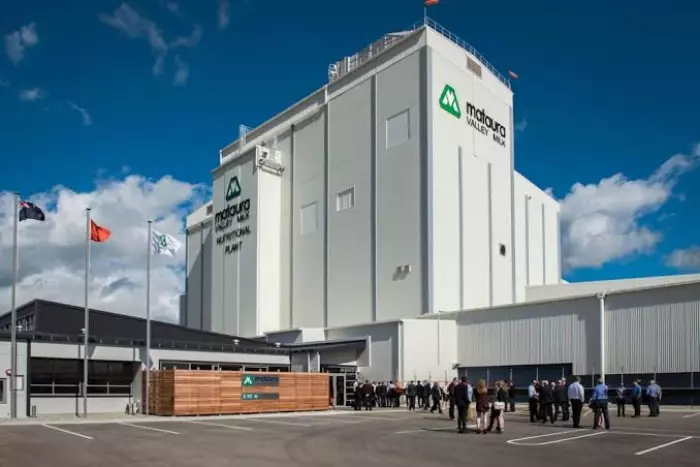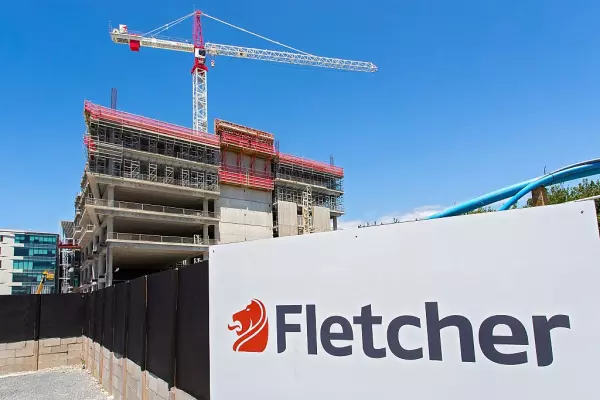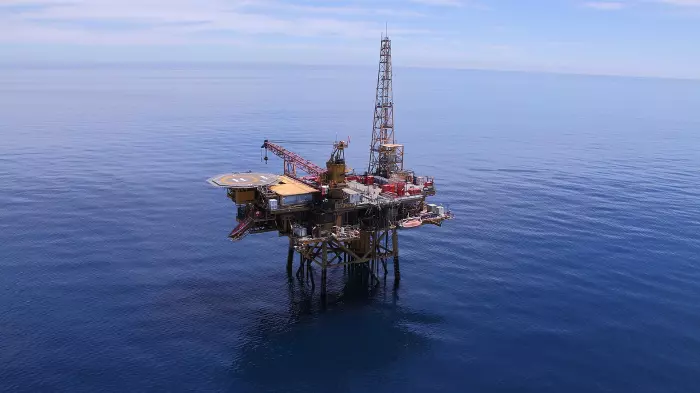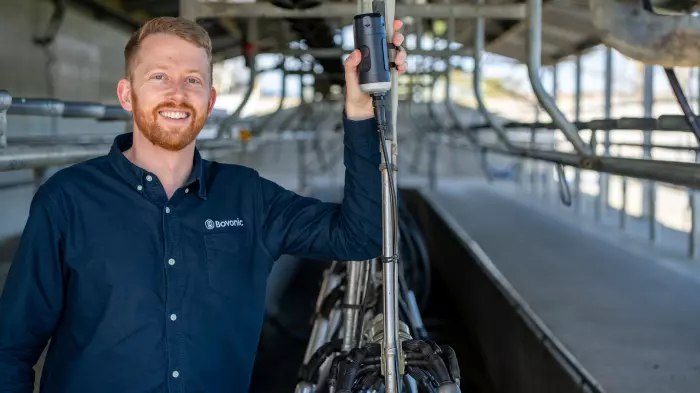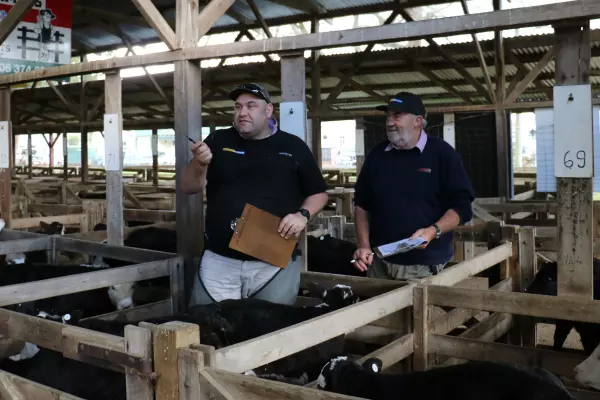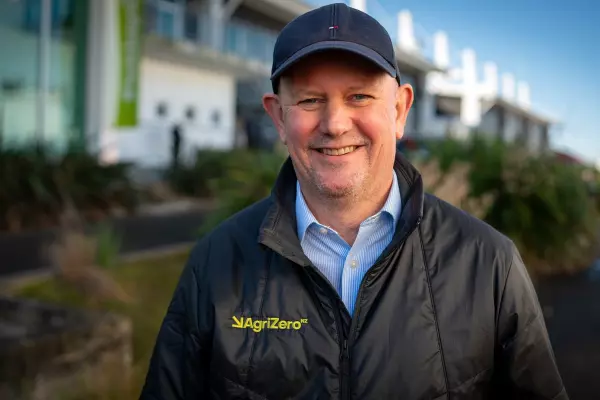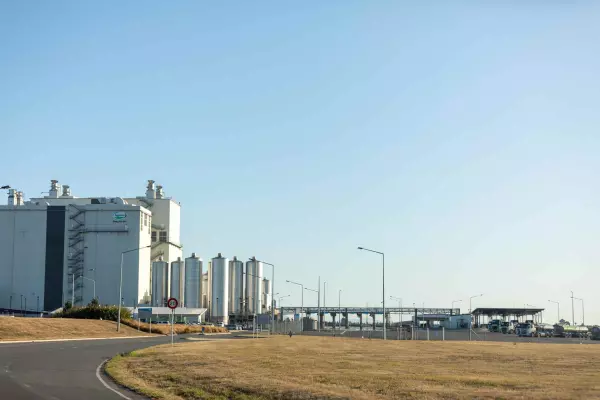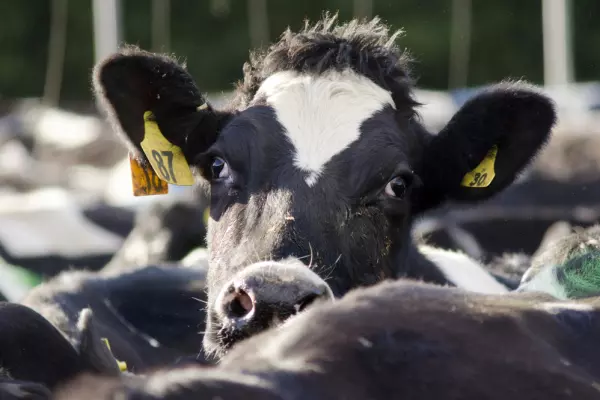When it started production outside Gore in late 2018, Mataura Valley Milk was greeted with huge excitement by the Southland community, government Ministers and dairy farmers alike.
The growth of infant nutritional product sales into China offered the prospect of an export bonanza.
While the growth of New Zealand-sourced dairy formula exports into China lived up to hype - growing by almost a third last year to 120,000 tonnes and generating $1.7 billion in export receipts - Mataura Valley itself was moving in the wrong direction. It is, after all, a competitive market with well established distribution channels, dominated by Fonterra, Synlait, Danone and GMP Dairy; so growing pains were expected.
But two years on, and after trial runs for 21 new products and another 16 on the cards, the company hasn't nailed down any large nutritional orders. Despite selling more than 45,000 tonnes of product, it is coming off a $47 million loss in calendar 2019 and is facing a funding shortfall in the order of $26 million this year.
It has also taken on so much debt that any sales and cash generated is almost all used to pay off interest costs and not actually reduce the debt.
It is in effect, a zombie company.
Admitting they needed capital to survive, last year the directors launched a quest for an equity investor, preferring a buyer who could “take nutritional volumes”. A year on, the search has apparently only yielded invoices from its investment advisers Macquarie Capital and DG Advisory, in the amount of $500,000 to date.
But some progress must have been made, as chief executive Bernard May told BusinessDesk that the firm is close to making announcement after "various confidential discussions".
There has been strong speculation that A2 Milk Co could be the 'white knight' Mataura needs. While A2 has confirmed it is on the lookout to "participate in manufacturing capacity" it won't go further on what could be a $400 million investment.
May also threw fuel on the fire by confirming that it will be moving to non-A1 milk production from next season under the firm's South45Milk quality programme, aiming to be a fully non-A1 producer within the next five years.
But Mataura Valley as an entity won't survive one year, let alone five, judging by the amount of red splashed across its financials and one gets the distinct impression that the more protracted the negotiation, the lower the price will go in the boardroom discussions.
Breached covenants
Neither Mataura nor major shareholder State-owned China Animal Husbandry Group will want negotiations to drag on into December, after breaching covenants with both China Construction Bank and China Development Bank on combined loans of US$170 million.
That means the firm's current loans and borrowings now stand at $239.7 million – about the same as it cost to construct its plant - and those fall due at the end of the year.
And its zombie-like status was only reinforced when Mataura Valley claimed $615,775 in wage subsidies for its 88 employees during the covid shutdown, despite being classed as an 'essential service'. It only qualified for the government subsidy - which mandated an expected 30 percent fall in revenue - because it stopped buying milk from Fonterra, which it purchases at a regulated industry price, ostensibly over concerns about virus contamination from Fonterra plants, which had had a confirmed infection at that stage.
Mataura Valley's financial position is now so perilous that the firm has been unable to pay directors' fees and couldn't complete an unconditional agreement to purchase property for $120,000 next to its Pease St address, in McNab.
A generous shareholder
That is despite the largess of China Animal Husbandry, which holds 78.55 percent in the company and has issued letters of guarantee to Mataura Valley's banks. Another 5.08 percent is held by McNab Ventures, linked to former Gore mayor and local business personality Ian ‘Inky’ Tulloch and 3.6 percent is held by Hamilton-based dairy business Bodco, itself controlled by China Animal Husbandry. The remainder is held by Southland farmers and investors.
So why is it losing money?
First up, though post balance date, the company's equity was significantly impacted by the revaluation of its US dollar denominated debt, after a 16.7 percent correction in the US-kiwi dollar exchange rate during March 2020. That saw the liability to China Development Bank increase by $15.7 million and a reduction in shareholder equity.
But Mataura Valley's milk procurement model is also flawed. The firm guarantees the region’s best farm-gate price for its 29 farmer suppliers, generally at a 20-cents a kilogram of milk solids price premium ahead of Fonterra. That is predicated on being able to sell its product at infant formula rates at closer to $15 a kilogram versus $4 to $8 a kilogram for the bulk of dairy exports.
And according to an industry insider, one of its major issues is in the configuration of its plant. In particular, its use of a six-tonne dryer is "almost experimental" and would therefore not be ideal for any kind of large-volume production.
"Although it runs skim milk and whole milk powder it was designed essentially with higher value, lower volume infant nutritional formula in mind.”
And with lots of trials required to work out product formulations - meaning smaller production runs by nature - the losses of habitually starting and stopping the dryer are mounting, given the potential loss of about five tonnes of ingredients on either side of a 50-tonne run.
“So they are losing potentially a few hundred thousand dollars on almost every run,” the insider said, noting there were also concerns about production processes, and management had "lagged" on systems controls, to the point where management was now recommending that warehousing be "outsourced."
China parent not a dairy company
There is a school of thought that the Chinese parent company didn't really know what it was getting into. After all, its commercial focus has been on manufacturing and selling biological animal health products and feed additives in China - so it doesn't have the kind of connections or networks of, for example, nearby Oceania Dairy owner, the Inner Mongolia Yili Industrial Group, China's market-leading dairy products producer.
So enter Bodco, another company that China Animal Husbandry has a controlling stake in. Bodco, set up by former Danpac (NZ) founders Brian Wagstaff and Richard Young, purports to be a "world-class pharmaceutical grade facility that enables the safe, transparent and contaminant-free production" of dairy products.
It has a stake in Mataura Valley also, and its role essentially has been to buy product, can it and find markets. To that end it has been spectacularly unsuccessful.
Bodco's chief executive Ravinesh Kumaran refused to speak to BusinessDesk, but a former Mataura Valley employee told BusinessDesk that Bodco's brands - including Healtra, Pinrise and Yum Yum infant formulas - "simply don't have good awareness in China".
So Bodco has become another drag on the China Animal Husbandry Group, last year reporting a loss of $11.1 million from total sales of $26.1 million. Of that, $24 million in product went to Nouriz (Shanghai) Fine Food, in which - surprise, surprise - the Chinese company also has a 38.5 percent stake.
Last year it managed to extract a $7.2 million loan from CAHG, and notes in its financial report that “it continues to rely on support from its shareholders.”
And bearing out the quality concerns at production level, Bodco is also facing claims from its customers, which last year amounted to $277,442.
May however, said he is confident that “the claims have nothing to do” with Mataura Valley, which he said, manages all its nutritional sales relationships directly. As well as having a common shareholder in CAHG, he said that Bodco was simply "one of MVM’s nutritional base powder customers."
And despite signs of clear financial distress, May remains both confident of continued shareholder and banking syndicate support and of Mataura Valley’s ability to capitalise on the “continued growth of nutritional products”.
So much so that he said the company was now recruiting for specialised roles ahead of the new season, many of whom will relocate their families to Southland, which is “positive for the district”.
A2 Milk, potential investors, dairy farmers and the local community, still reeling from the news of the pending closure of Tiwai Point aluminium smelter next year, will be glad to hear that.


